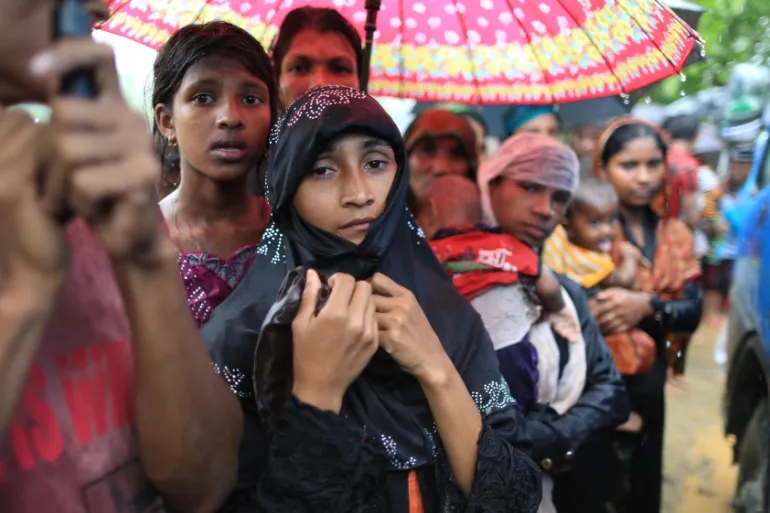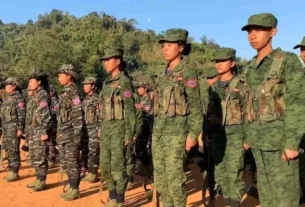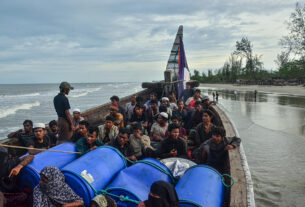On September 30, the UN will hold a high-level conference on the Rohingya crisis. This conference is seen as a key moment to resolve one of the world’s worst humanitarian tragedies. It is expected to be convened by Ambassador Philemon Yang, president of the United Nations General Assembly. But success will depend on more than speeches; it must lead to real, lasting action.
The Rohingya people, mostly Muslims, have suffered for years. About 1 million fled to Bangladesh after violent attacks in 2017. Another 600,000 remain in Myanmar, living in poverty and fear. They have been denied citizenship and basic rights. Many face food shortages, forced military recruitment and other atrocities. Their future remains uncertain.
This coming conference began taking shape after the 2024 UN General Assembly. There, Bangladesh’s Chief Adviser, Muhammad Yunus, called for global action. A UN resolution followed, and Bangladesh has since played a key role.
To succeed, the conference must meet four urgent goals. First, it must set a clear and enforceable plan for the Rohingya to return home safely and with dignity. This means deadlines, international oversight and strong guarantees.
Second, it must solve the root problem: the Rohingya must be recognised as citizens of Myanmar. Without legal rights, no return will be meaningful.
Third, aid must reach those still in Rakhine state. Countries like China and Asean members must help ensure humanitarian access.
Most importantly, Rohingya voices must be included in all decisions. Their future cannot be decided without them. Major global powers, including the US, China and the European Union, must stop avoiding hard choices. The cost of inaction is too great. This conference is a test. The world must not fail.
M.A. Hossain, Dhaka, Bangladesh




